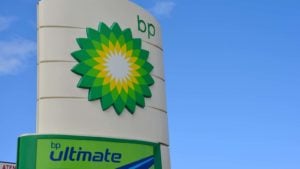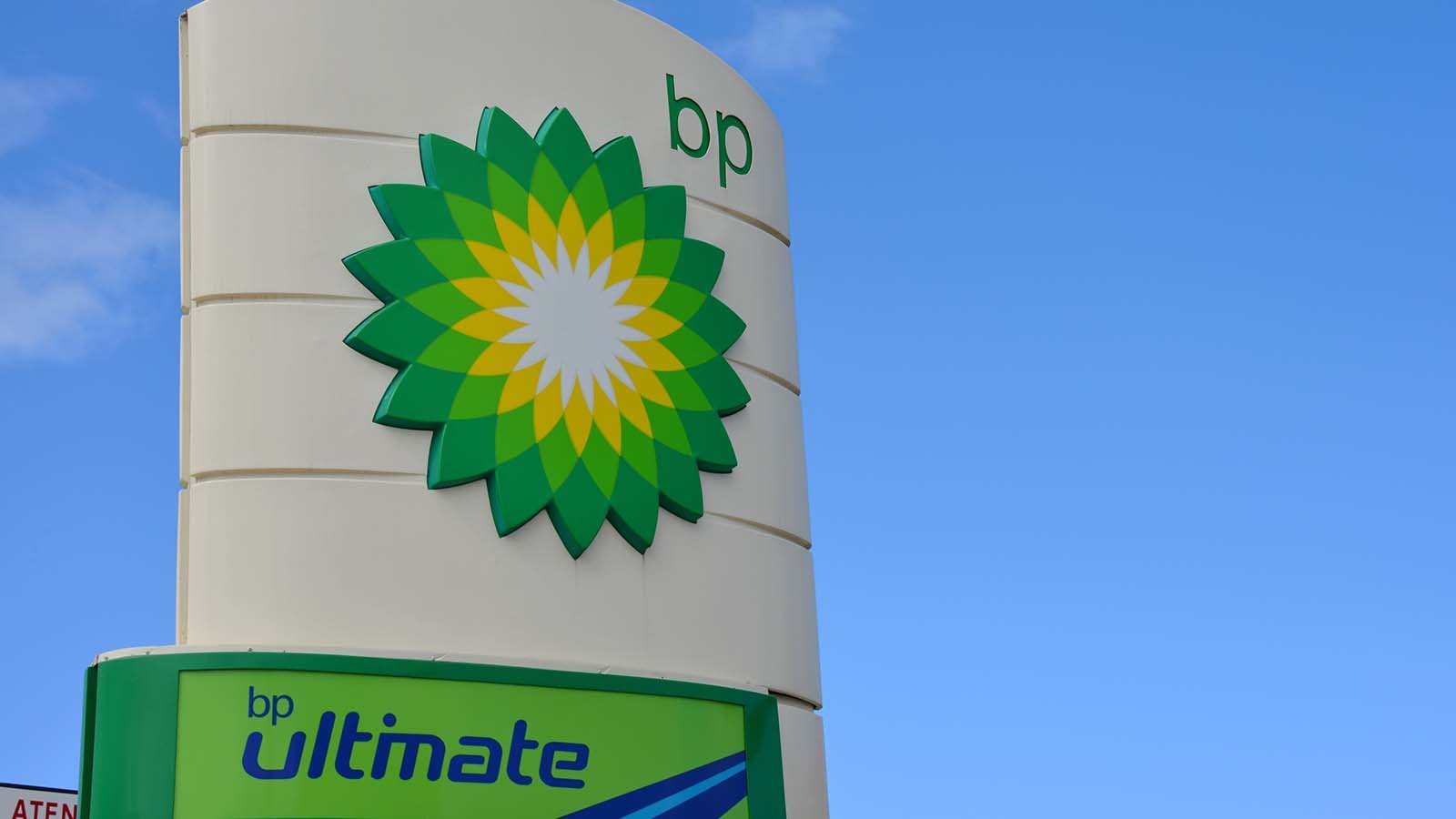Year-to-date, BP (NYSE:BP) shares are down about 38% hovering around $23 per share. Changing oil price dynamics affect earnings at energy firms. Oil companies benefit from rising oil prices. Brent crude prices started the year over $60 per barrel. Today, they stand at about $39 per barrel. Compared to April’s $20 levels, this is a much better price for investors in oil shares such as BP stock.

On the other hand, if Brent crude’s price were to go lower again in the second half of the year, BP stock may quickly come under pressure. The oil price tracking exchange-traded fund United States Oil Fund, LP (NYSEARCA:USO) currently hovers at an almost-79% decrease on the year.
Therefore, investors are wondering if they should hit the buy button in BP shares now. I do not expect the stock to make a sustained leg up any time soon. In fact, a dividend cut, possibly of up to 50%, is likely in weeks to come.
Despite the various headwinds in the industry, the oil firm remains one of the world’s largest energy businesses. Thus long-term market participants with a two-to-three-year horizon may consider buying BP stock around $20.
What to Expect From BP’s Q2 Earnings
On June 15, the U.K.-headquartered oil major released a trading update. Management believes that the pandemic will have “an enduring impact on the global economy, with the potential for weaker demand for energy for a sustained period.”
BP is expected to release second-quarter results on Aug. 4. The recent update now sees “on-cash impairment charges and write-offs in the second quarter, estimated to be in an aggregate range of $13 billion to $17.5 billion post-tax.” This is a big write-down. In fact, it is the biggest write-off since the Macondo oil spill of 2010.
When the oil major released Q1 results in April, they were nothing to write home about. Its underlying replacement cost profit for the first quarter was $800 million, compared with $2.4 billion for the same period a year earlier. In BP parlance, underlying replacement cost profit would be the equivalent of adjusted net earnings. In Q1, the loss attributable to BP shareholders was $4.36 billion, compared with a profit of $2.93 billion a year ago.
Net debt at the end of Q1 was $51.4 billion, $6 billion higher than a quarter earlier. BP aims to achieve $2.5 billion in cost savings by the end of 2021. Management wants to strengthen the balance sheet and reduce expenditure to drive its “cash balance point below $35 per barrel in 2021.”
I believe it would be important to see the next quarterly results before making a long-term investment case in BP stock. The decrease in global energy demand will likely hurt the company’s upstream and downstream business further in Q2.
Is the Dividend Safe?
Over the years, dividend-paying shares, like BP stock, have been darlings, especially among passive income-seeking investors. The British energy giant is still paying a quarterly dividend. Thanks to the sagging stock price, the current yield stands at 10.64%. When it reported Q1 earnings, the board decided to keep the dividend intact.
Yet, how long can this dividend yield last when so many other companies have been axing theirs? For example, in April 2020, Royal Dutch Shell (NYSE:RDS.A, NYSE:RDS.B) slashed its quarterly dividend by two-thirds, for the first time since World War II.
Indeed, the mid-June trading update may be taken as a potential warning that the drop in profitability may hurt the dividend. Management also discussed the group’s efforts to eliminate the carbon footprint of the oil and gas BP produced to “net zero” by 2050. This mission is an admirable, potentially necessary, but also a costly goal. And a dividend cut may be required to achieve it.
If the company were also to pare the dividend, then BP stock price would likely come under pressure. Morgan Stanley’s Martijn Rats has downgraded the shares as he sees a 50% dividend cut. Other analysts have also expressed their view that a dividend cut is imminent. I, too, am of the camp that a dividend cut is a matter of “when, not if” and more than likely I expect the announcement to be made in Q2 results.
So Should You Invest in BP Stock Now?
BP stock started 2020 at around $40 before hitting a low of $15.51 in March. Yet today, the stock is about $23. Put another way, so far in the year, investor confidence in the business has taken a beating. If you are an investor who also pays attention to technical charts, you may also be interested to know that BP stock price is likely to move toward $20, or even below, before it begins to stabilize.
Economies worldwide are still trying to shake off the effects of the pandemic. And grey clouds are still hovering over energy shares. Therefore, in the summer months, range-trading, between $20 and $22.50, is likely in BP stock. If you already own it, you may want to wait and ride out the choppy waters.
Alternatively, you may consider initiating an ATM covered call position, for example, with a two-month horizon. An August 21-expiry covered call would decrease the volatility in your portfolio, offer some downside protection, and also enable you to participate in a potential up move. It’d also give you enough time to analyze the quarterly results.
Tezcan Gecgil has worked in investment management for over two decades in the U.S. and U.K. In addition to formal higher education, including a Ph.D. in the field, she has also completed all 3 levels of the Chartered Market Technician (CMT) examination. Her passion is for options trading based on technical analysis of fundamentally strong companies. She especially enjoys setting up weekly covered calls for income generation. As of this writing, Tezcan Gecgil did not hold a position in any of the aforementioned securities.
